MRI
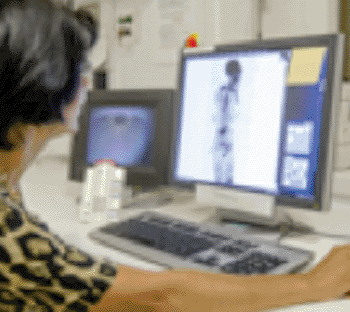
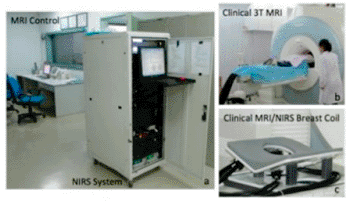
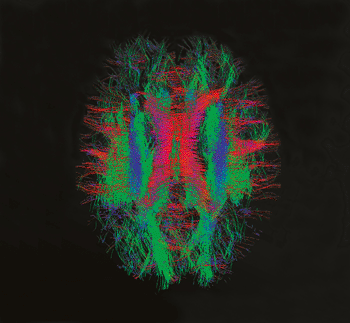
Diffusion Tensor Tractography MR Neuroimaging Protocol Detects Delays in Premature Babies
Infants born prematurely are at elevated risk for cognitive, motor, and behavioral deficits, the severity of which was, until recently, nearly impossible to effectively predict in the neonatal period with conventional brain-imaging technology. More...03 Feb 2014
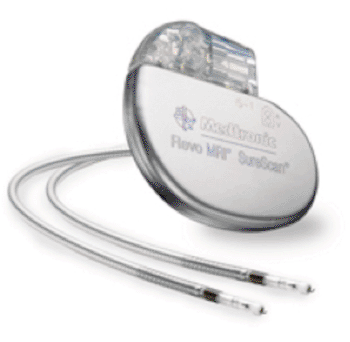
Pacing Systems Approved for Full Body MRI Scans Without Positioning Restrictions
The first pacing systems in the United States that have been approved by the US Food and Drug Administration for use with magnetic resonance imaging are now approved for MRI scans positioned on any part of the body. More...29 Jan 2014
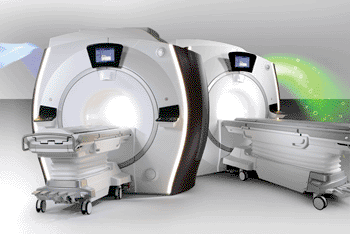
Advances in Imaging Software Reduce Patient Wait Times and Helps Hospital Staff Increase Efficiency
Magnetic resonance imaging, nuclear medicine, radiography and fluoroscopy software has been developed to improve clinical capabilities, customization, lower costs, and streamline operational results. More...27 Jan 2014
In Other News
Powder Developed to Enhance NMR Signals for Faster, Better Structure Determination and Early Cancer MRI Diagnosis
Pediatric Brain MR Image Bank to Be Searchable
MRI Helps Identify and Treat Irritable Bowel Syndrome
Quantitative Susceptibility Mapping MRI Useful for Measuring Multiple Sclerosis Progression
Diffusion Tensor MRI-based Tractography Used to Evaluate Spinal Nerve Root Function
fMRI Study Shows Brain Training Effective, but Only for Task at Hand
Visualizing the Moving Wrist with New MRI Technology

Link Between Brain Abnormalities and Gadolinium-Based Contrast Agent
MRI of Rectal Cancer Provides the Data to Improve Survival Odds
New Study Using MR Technology to Revolutionize Disease Research
New MRI-Compatible Pacemakers Designed with Automatic MRI Mode
Magnetic Field Correlation MRI Reveals Low Brain Iron in ADHD Patients
MR-Guided Ultrasound Offers Effective Noninvasive Treatment for Breast Cancer
Calibration Tools Used to Enhance Ultralow Field MRI Technology
DTI-MRI Reveals Long-Term Effect of Blast-Induced Brain Injuries
MR Research Reveals Altered Brain Connections in Epilepsy Patients
MR Spectroscopy Shows Differences in Brains of Preterm Infants
Cardiac MRI Reveals Energy Drinks Alter Heart Function
Personal Contemplation Triggers Increased Brain Activity during Depressive Episodes
Imaging Shows Pleasure, Pain Brain Signals Disrupted in Fibromyalgia Patients
MR, Vessel Architectural Imaging May Predict Tumor Response to Antiangiogenic Drugs
Computer-Aided Image Diagnostic Designed for Enhanced Breast Tumor Diagnosis
Fusing MR with Ultrasound for Quicker, Less Invasive Breast Cancer Biopsies
MedImaging's MRI channel in addition to reporting on MR hardware, informs about the many magnetic resonance applications possible with the technique notably MRI, fMRI, diffusion MRI, MR angiography, MR guided surgery, in addition to industry developments, and safety issues.








 Guided Devices.jpg)


